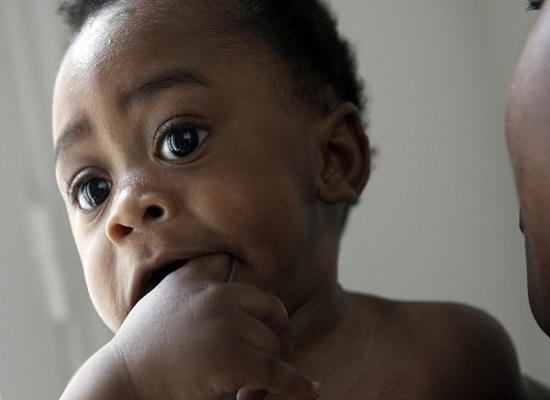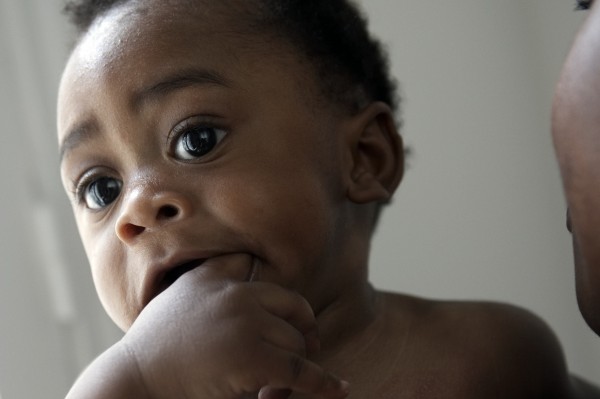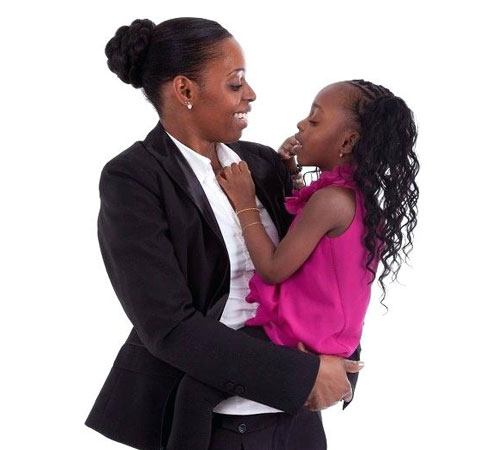

Teething is a developmental stage that every child must go through.
Some babies begin teething as early as two months old while some babies have their first tooth at four months.
Taking care of your baby during this period is vital and this requires extra attention.
For most babies, this process of growing teeth is uncomfortable, hence, it invokes certain reactions from them.
As a major milestone in the developmental stage of babies, teething has given rise to many misconceptions.
Due to varying myths about it, many parents become scared when their kids start teething.
Myths Versus Facts
This article takes you through a range of myths about teething and the facts you should know.
It is important to know that these misconceptions are universal, they are not restricted to any geographical region.
Here are the 7 major misconceptions about teething that every parent should know
-
Fever is an attribute of teething
This is one of the longstanding misconceptions. Many parents, both young and old tend to believe that teething causes fever.
However, this is a mere myth, it is superstitious thinking that parents and even relatives have adopted.
You can come back here to see symptoms that empirical studies have identified.
-
Teething must be treated with medication
This is another misconception and this is nursed because many babies feel uncomfortable during this period, many believe that the best remedy is over-the-counter medication. This is a myth and should not be adopted.
-
It begins between 3-4 months
There is a widely held misconception that teething begins between the age of 3-4 months.
Some babies sprout their first tooth as early as 2 months old while some might take as long as 6 months before they have their first tooth. Hence, the saying that ‘it is too early or too late for a baby to start teething’ is not an admissible phrase.
-
It causes sleep disorders in babies
Over the ages, people have believed that the process is usually causes sleep disturbance in kids.
In fact, when babies start having difficulty in sleeping, even though they are not growing a tooth, some parents take this as a sign.
You might like 10 safe teething remedies
-
Brushing a toddler’s teeth is bad
Although this might sound correct, it is actually a myth.
Some people are of the opinion that parents should not brush the teeth of their babies or toddlers.
In a similar vein, there is another misconception that children do not need a dentist until when they are above 3 years or when they have teeth problems.
-
It is associated with diarrhea
This is a common belief but a recent study confirmed that the belief that teething causes diarrhea is a myth.
In the real sense, there is no connection between this process and diarrhea. This study is contained in the Western Journal of Medicine.
-
Babies drool only when they are teething
The belief that babies drool only when they are teething is a myth. There is no study to back this up.
Facts
- Drooling is not specific to teething, observant mothers know that babies drool all the time.
- A baby is not too old or too young to start cutting teeth. The fact is, genetics is a major determinant of when a baby starts the process.
- This means that a baby’s first tooth can erupt at 2 months or even later based on the gene.
Also learn how to care for baby’s teeth
- There are indeed symptoms that accompany teething, such as irritation or fussiness.
- Teething is not treated by medication. There are many natural ways to treat it, keeping the baby cool and rubbing the gums are some of the ways.
- A dentist plays a major role when this stage of a child’s life starts. Instead of avoiding a dentist, seek professional care for your baby.
- Rubbing the gums softly is a way to keep the baby out of fussiness.
- Different babies can react to teething differently since no two babies are the same.




